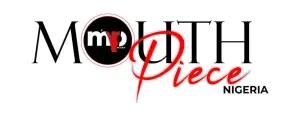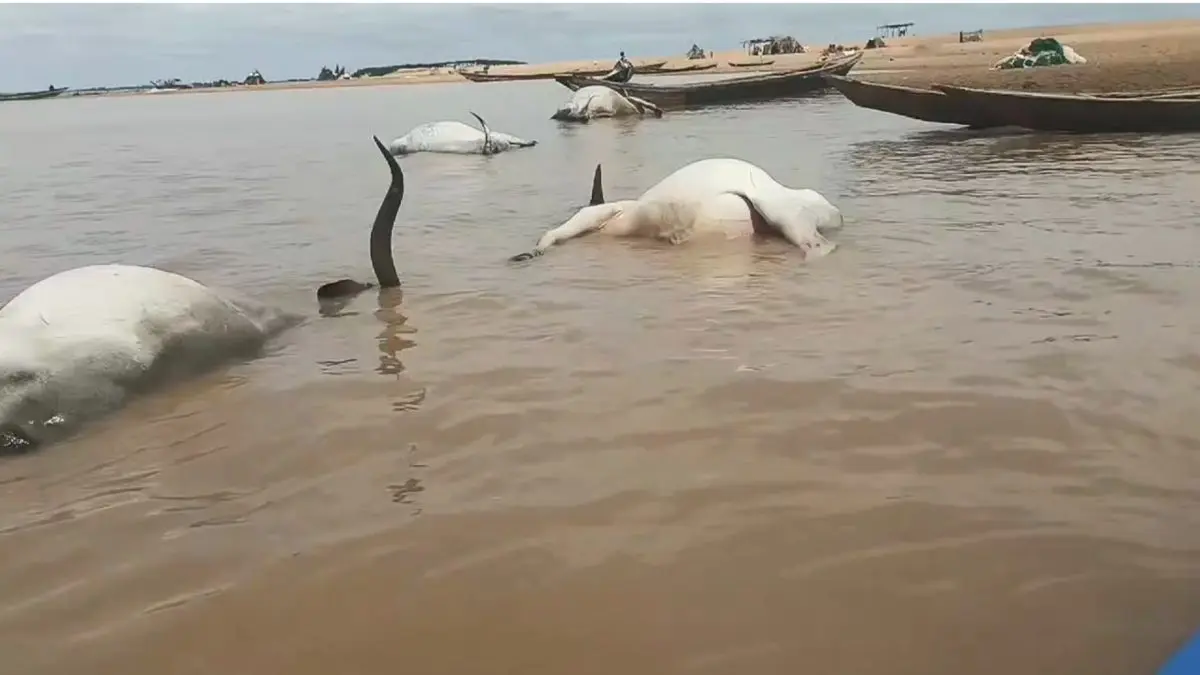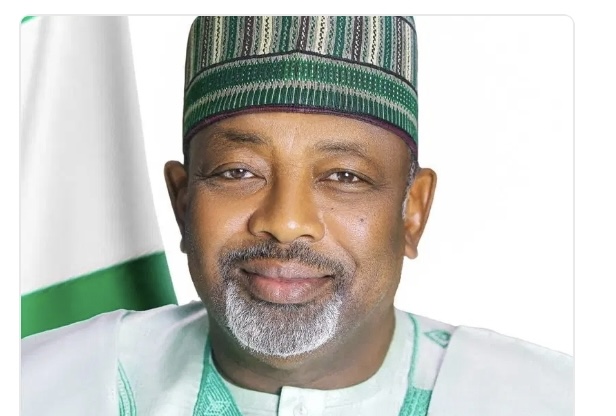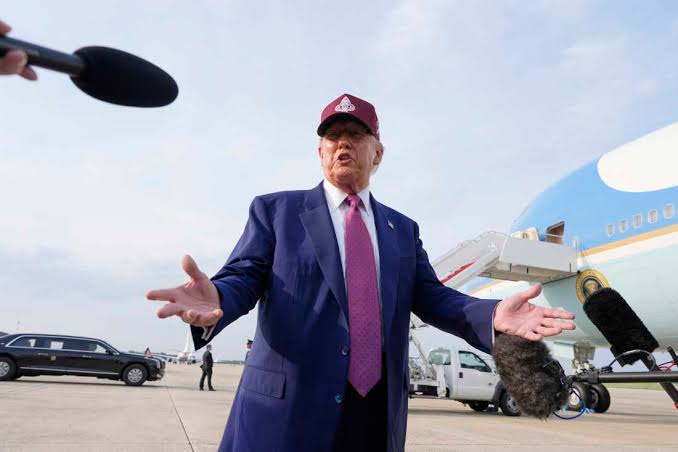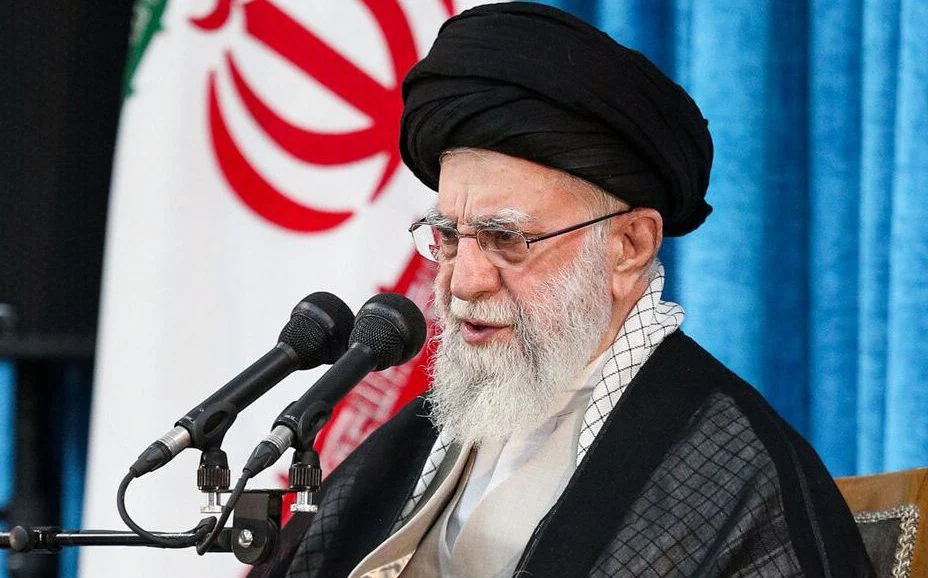Trump administration considers adding 36 countries to travel ban list
The United States is considering restricting entry to citizens of an additional 36 countries in what would be a significant expansion of the travel ban announced by the Trump administration early this month, according to a State Department memo reviewed by The Washington Post.
Among the new list of countries that could face visa bans or other restrictions are 25 African nations, including significant U.S. partners such as Egypt and Djibouti, plus countries in the Caribbean, Central Asia and several Pacific Island nations.
A State Department spokesperson said the agency would not comment on internal deliberations or communications. The White House did not immediately respond to a request for comment.
Such a move would mark another escalation in the Trump administration’s aggressive crackdown on immigration.
Follow live updates on the Trump administration. We’re tracking Trump’s progress on campaign promises and legal challenges to his executive orders and actions.
End of carousel
The memo, which was signed by Secretary of State Marco Rubio and sent Saturday to U.S. diplomats who work with the countries, said the governments of listed nations were being given 60 days to meet new benchmarks and requirements established by the State Department. It set a deadline of 8 a.m. Wednesday for them to provide an initial action plan for meeting the requirements.
The memo identified varied benchmarks that, in the administration’s estimation, these countries were failing to meet. Some countries had “no competent or cooperative central government authority to produce reliable identity documents or other civil documents,” or they suffered from “widespread government fraud.” Others had large numbers of citizens who overstayed their visas in the United States, the memo said.
Other reasons included the availability of citizenship by monetary investment without a requirement of residency and claims of “antisemitic and anti-American activity in the United States” by people from those countries. The memo also stated that if a country was willing to accept third-country nationals who were removed from the United States or enter a “safe third country” agreement, it could mitigate other concerns.
It was not immediately clear when the proposed travel restrictions would be enforced if the demands were not met.
The countries facing scrutiny in the memo: Angola; Antigua and Barbuda; Benin; Bhutan; Burkina Faso; Cabo Verde; Cambodia; Cameroon; Democratic Republic of Congo; Djibouti; Dominica; Ethiopia; Egypt; Gabon; Gambia; Ghana; Ivory Coast; Kyrgyzstan; Liberia; Malawi; Mauritania; Niger; Nigeria; Saint Kitts and Nevis; Saint Lucia; Sao Tome and Principe; Senegal; South Sudan; Syria; Tanzania; Tonga; Tuvalu; Uganda; Vanuatu; Zambia; and Zimbabwe.
The list represents a significant expansion of a presidential proclamation issued June 4, when the United States fully restricted the entry of individuals from Afghanistan, Myanmar, Chad, Republic of Congo, Equatorial Guinea, Eritrea, Haiti, Iran, Libya, Somalia, Sudan and Yemen. The United States also had partially restricted the entry of travelers from Burundi, Cuba, Laos, Sierra Leone, Togo, Turkmenistan and Venezuela under that order.
Democrats and other critics of the Trump administration have described its efforts to issue blanket travel bans on selected nations as xenophobic and bigoted, pointing to President Donald Trump’s efforts to block travel from Muslim-majority nations in his first term and the high number of African and Caribbean nations targeted during this term.
Early in his first term, Trump attempted to restrict travel from Iran, Iraq, Syria, Somalia, Sudan, Yemen and Libya. The initial version of the ban caused confusion and chaos at airports. It faced numerous legal challenges until the Supreme Court upheld the third version of it in June 2018.
While the travel ban was rescinded under the Biden administration, Trump repeatedly pledged to reinstate it on the campaign trail, stating it would be “bigger than before.”
On Inauguration Day, the White House issued an executive order calling on U.S. agencies, including the State Department, to look for “countries throughout the world for which vetting and screening information is so deficient as to warrant a partial or full suspension on the admission of nationals from those countries.”
